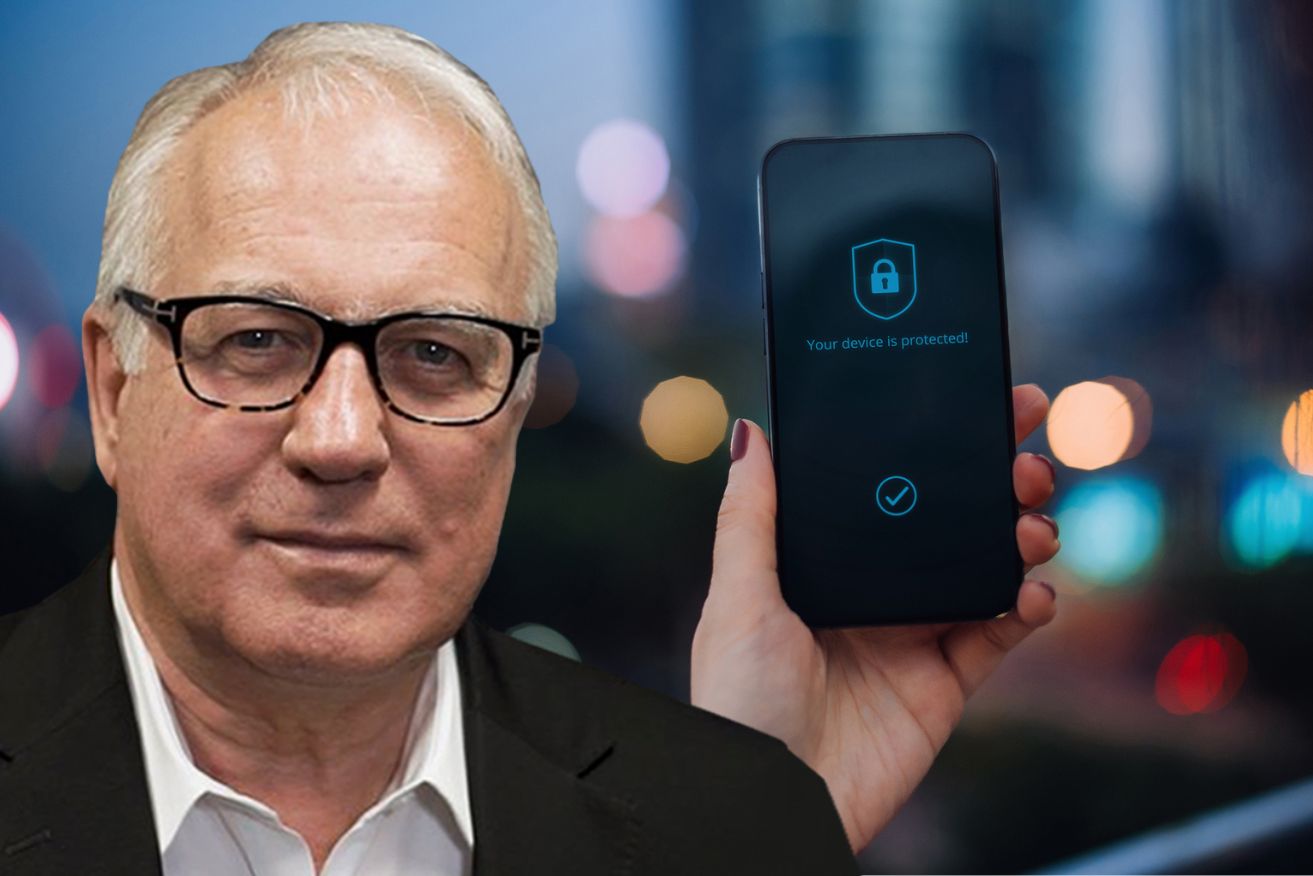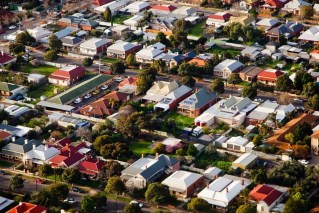Alan Kohler: Digital money means government must run digital infrastructure


There's too much invested in our currency online, and not enough protection, writes Alan Kohler. Photo: TND/Getty
There was a sequence of three events in three days last week that added up to one big cautionary tale.
On Wednesday in a speech in Singapore, the managing director of the International Monetary Fund, Kristalina Georgieva, spruiked the benefits of central bank digital currencies to replace cash, something the Reserve Bank of Australia is working on, along with other central banks.
On Thursday, the Australian Minister for Infrastructure and a few other things, Catherine King, released the independent review of Australia’s infrastructure – well, just the executive summary of it. Digital infrastructure didn’t rate a mention, either in her media release or the independent review.
And then on Friday, the soon-to-be outgoing CEO of Optus, Kelly Bayer Rosmarin, fronted the Senate inquiry into the previous week’s Optus outage, to answer, among other things, for the inability of its customer to go shopping and for many businesses to collect money.
You can see the problem here …
The failure of the Optus network reminded us that the digital infrastructure is the most important of all, yet it is in the hands of private companies, some foreign-owned, that may or may not know what they’re doing and/or have the nation’s best interests at heart.

International Monetary Fund managing director Kristalina Georgieva. Photo: Getty
Meanwhile, the infrastructure section of the government is building and paying for roads and ignoring digital networks, even as they collapse, while the government bank is driving us on the road towards a fully digital currency.
What could possibly go wrong?
A central bank digital currency (CBDC), if it happened, would be like a cryptocurrency such as Bitcoin, because it is powered by blockchain technology, except it would be run by the central bank and would therefore be an extension of the existing monetary system, rather than an alternative to it like Bitcoin and the other cryptos.
The Reserve Bank of Australia hasn’t made a big deal of CBDCs but in August it quietly issued a report on a pilot project it’s been running for a year with the Digital Finance Cooperative Research Centre (DFCRC).
The project involved the RBA issuing a limited-scale ‘pilot’ CBDC in a ring-fenced environment to selected industry participants. Unlike earlier projects where the CBDC was purely a proof of concept, the pilot one was issued as a real legal claim on the RBA.
And this is an important point about CBDCs that the IMF managing director didn’t mention: They would represent a direct claim on the central bank, and would not necessarily involve private banks at all.
In some ways it would be the nationalisation of the payments system and cut out the banks, although it’s unclear how this would work exactly, and whether it really would nationalise the whole banking system, and be the end of banks as we know them. Probably not, you would think – we voted against bank nationalisation in 1949, and these days the banks run the place.
But in the report on its pilot, the RBA said: “A CBDC (like settlement account balances at the RBA) would represent a direct claim on the central bank. This is a key distinguishing feature from other forms of private digital money.”
It went on to say that there may be other ways to achieve the same benefits, “including through privately issued forms of digital money such as tokenised bank deposits or asset-backed stablecoins. In other words … it was not clear that CBDC was exclusively required to achieve the desired economic outcomes.”
But all those alternatives are digital, in fact the future looks entirely digital, and there was no discussion about the need to make sure everyone is connected to the internet all the time if we’re going to have a digital money and not carry any cash.
I haven’t had any cash in my wallet for a couple of years now. I just use the phone to buy stuff, and most people I know are the same. You can’t find any ATMs anyway, I forgot the PIN number ages ago, and a lot of shops don’t take cash because it’s dirty and they have to take bags of it to the bank all the time, and all the bank branches are closing.
Which meant that when the Optus network went down on November 8 it was a very big deal. It didn’t just mean that its customers couldn’t talk to anyone on the phone, it meant they couldn’t buy anything at the shops either and businesses that use Optus couldn’t sell anything.
Can we even have digital money, run by the government-owned central bank or not, if the digital infrastructure is in private hands? At the very least, it needs to be more closely supervised and better planning demanded.
The federal government is doing a lot of work on infrastructure at the moment, but it’s all about transport – mainly roads and a bit about trains (which, by the way, apparently depend on digital infrastructure to operate as well – like money).
If a road gets clogged or closed for roadworks, it’s a nuisance but there are other roads.
What we learned on November 8 was that when the digital “road” is closed, we’re stuffed.
Alan Kohler writes twice a week for The New Daily. He is finance presenter on the ABC News and also writes for Intelligent Investor







